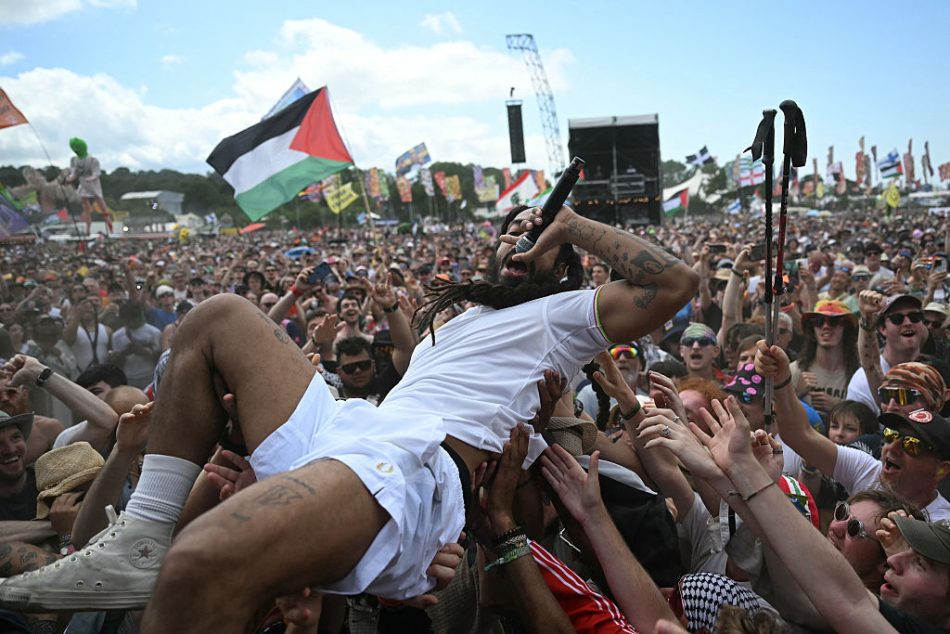Glastonbury Protests Erupt: Crowd Chants 'Death to the IDF' Amid Lineup Controversy

The Glastonbury Festival, renowned for its eclectic music and vibrant atmosphere, has been rocked by controversy this year. Beyond debates about the quality of the lineup – with some questioning whether it's the worst ever – a deeply unsettling moment unfolded during the event: a large section of the crowd chanting “Death to the IDF.” This incident has sparked widespread condemnation and raised serious questions about the festival's security and its ability to manage potentially volatile situations.
The chanting occurred during a performance, and videos quickly circulated on social media, drawing immediate and strong reactions. While the exact context of the chant remains under scrutiny, the sentiment expressed is undeniably inflammatory and deeply offensive to many. The incident has amplified existing concerns surrounding the inclusion of the Irish-language group Kneecap on the lineup. Kneecap, known for their provocative lyrics and imagery referencing the Provisional IRA, have already faced criticism for what some perceive as the glorification of terrorist violence.
The debate surrounding Kneecap's presence at Glastonbury highlights a broader discussion about artistic expression, freedom of speech, and the potential for harm. Critics argue that their music normalizes and even celebrates violence, potentially inciting harmful behavior. Supporters, however, defend their right to express themselves artistically, regardless of how controversial their views may be. The question becomes: where is the line between artistic freedom and the promotion of harmful ideologies?
The incident with the crowd chanting “Death to the IDF” adds another layer of complexity to this already fraught situation. It raises concerns about the festival's vetting process for performers and the measures in place to prevent disruptive or hateful behavior from attendees. Glastonbury organizers have a responsibility to ensure a safe and inclusive environment for everyone, and this incident suggests that more needs to be done.
The festival's funding, partially reliant on British state grants, is also under scrutiny. The possibility of losing these grants due to controversial performances or events is a real concern for organizers, and they will likely face increased pressure to address these issues proactively. The situation has become a political flashpoint, with calls for greater accountability and stricter guidelines for future festivals.
Ultimately, the events at Glastonbury this year serve as a stark reminder of the challenges in balancing artistic freedom, public safety, and political sensitivities. The festival's response to these incidents will be closely watched, and its future may well depend on its ability to navigate this complex landscape effectively. The conversation surrounding the lineup and crowd behavior is far from over, and it is likely to continue to dominate headlines in the coming days and weeks.






